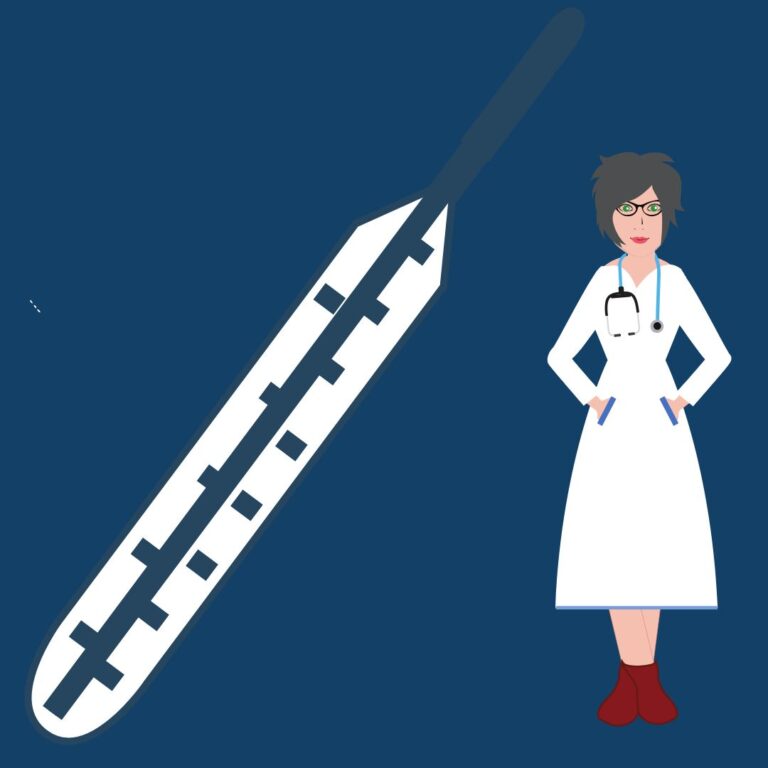When Should Men Get Health Checkups? Prioritizing Your Health Starts Here
Your health is the foundation of everything you do, and regular checkups are key to maintaining it. Yet many men overlook health screenings until something goes wrong. Routine health checkups are vital for catching potential problems early and improving your quality of life. Let’s dive into why men should prioritize regular health checkups and when exactly they should get them.
Why Men Should Prioritize Health Checkups
Prevention is Better Than Cure
One of the biggest benefits of health checkups is that they can help prevent serious health conditions. Many diseases and conditions don’t show symptoms until they are advanced. Regular checkups allow doctors to catch issues early when they are easier to manage or even prevent. Health checkups are your chance to stay one step ahead of any potential problems.
You Deserve a Healthy Life
Regular checkups don’t just address problems, they help maintain a lifestyle that keeps you thriving. Having a conversation with your doctor about your health—whether it’s about stress, exercise, or diet—can empower you to take better care of yourself, leading to a more energetic and fulfilling life.
Peace of Mind
Sometimes, just knowing that you’re taking proactive steps to monitor your health brings peace of mind. Regular health checkups reassure you that your body is in good shape or that you’re addressing anything that needs attention.
Key Health Screenings Every Man Needs
Blood Pressure Test
High blood pressure is known as the “silent killer” because it often has no symptoms but can lead to heart disease or stroke. A blood pressure test is simple, quick, and can save lives. Men should have their blood pressure checked at least once every two years, even if they feel perfectly fine.
Cholesterol Screening
Cholesterol can build up in your arteries, increasing the risk of heart disease. It’s essential to have your cholesterol levels checked regularly to make sure they’re within a healthy range. Starting at age 20, you should get a cholesterol test every 4–6 years.
Blood Sugar Test
With the rise of type 2 diabetes, getting your blood sugar levels checked is crucial, especially for men over 45. Regular tests help identify pre-diabetes or diabetes early, allowing you to make lifestyle changes to prevent further complications.
Cancer Screenings
Prostate cancer and colorectal cancer screenings are vital, especially as you get older. Prostate cancer screening is recommended for men over 50 (or earlier if there’s a family history), and colorectal cancer screenings should begin at age 45.
Vision and Eye Exams
Eye health is often overlooked, but it’s crucial for your overall well-being. Vision tests can identify issues such as glaucoma or diabetic retinopathy, conditions that may not show symptoms right away. Starting at age 40, men should have a comprehensive eye exam every two years.
Health Checkups Based on Age: What You Need to Know
In Your 20s and 30s
Even though you may feel invincible in your younger years, starting a routine of health checkups is essential. Your doctor will likely check your blood pressure, cholesterol, and blood sugar levels, but you should also take this time to focus on your lifestyle—exercise, diet, and mental health.
In Your 40s
As you enter your 40s, it’s time to take your health checkups more seriously. The risk of heart disease, diabetes, and other chronic conditions rises in your 40s. You should have your cholesterol levels and blood pressure tested more regularly, and start screenings for prostate cancer and colorectal cancer.
In Your 50s and Beyond
In your 50s, health checkups should be a priority. Regular screenings for heart disease, cancer, and diabetes are vital. Bone density tests to check for osteoporosis may also be recommended, especially if you have risk factors. Your doctor will be able to advise on which screenings are best based on your personal health and family history.
When to See a Doctor: Symptoms and Warning Signs to Watch For
While routine checkups are essential, there are times when you should see a doctor outside of your regular checkup schedule. If you experience any of the following, it’s time to make an appointment:
Persistent Fatigue
If you feel constantly exhausted, even after a good night’s sleep, this could be a sign of an underlying issue, like thyroid problems, heart disease, or sleep apnea.
Unexplained Weight Loss
Losing weight without trying can be a sign of serious conditions such as cancer, thyroid disorders, or digestive issues. It’s important to have unexplained weight loss checked by a healthcare provider.
Pain or Discomfort in the Chest
Any chest pain, pressure, or discomfort should be taken seriously. These symptoms could indicate heart problems and should prompt immediate medical attention.
Frequent Urination or Painful Urination
If you find yourself urinating frequently, especially at night, or if urination is painful, it could be a sign of prostate issues or a urinary tract infection.
Health Checkups by Age: A Quick Overview
| Age Group | Recommended Screenings | Frequency |
|---|---|---|
| 20s to 30s | Blood pressure, cholesterol, blood sugar tests | Every 2–3 years |
| 40s | Cholesterol, blood sugar, eye exams, cancer screenings | Annually or as recommended |
| 50s and Beyond | Prostate, colorectal, cholesterol, vision, bone density tests | Annually or as recommended |
Frequently Asked Questions (FAQs)
How often should men get health checkups?
Men should get a general health checkup at least once a year, but the frequency of specific screenings may vary based on age, family history, and health concerns.
What are the most important health screenings for men?
Blood pressure, cholesterol, and blood sugar tests are the most important screenings for men, along with cancer screenings as they age.
At what age should men start getting prostate screenings?
Men should begin discussing prostate screenings with their doctor at age 50, or earlier if they have a family history of prostate cancer.
Are mental health checkups important for men?
Yes, mental health is just as important as physical health. Regular checkups can help detect signs of stress, anxiety, or depression, and provide support before these conditions become overwhelming.
Content Author: Kamrul
- 10 Best Organic Fertilizers for Winter Crops: The Complete Guide - February 23, 2026
- 10 Best Overwinter Fertilizers for Vegetable Garden in 2026 - February 23, 2026
- 10 Best Fertilizers for Plants and Flowers in 2026 - February 23, 2026





